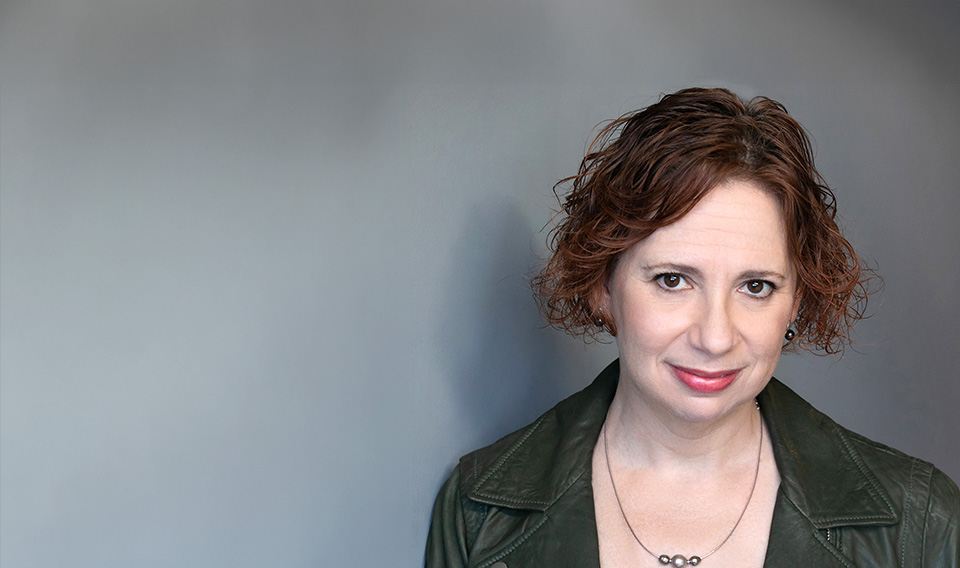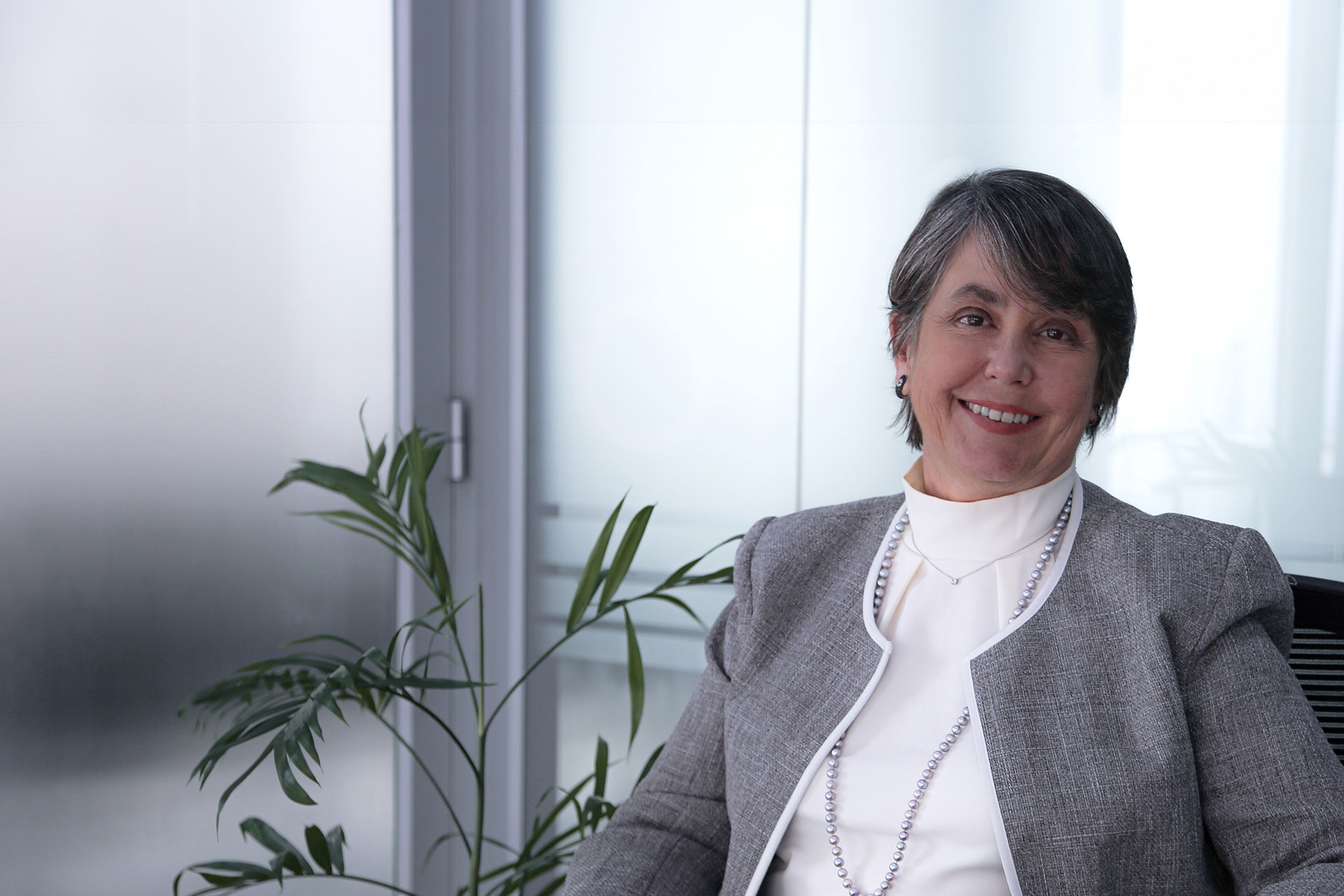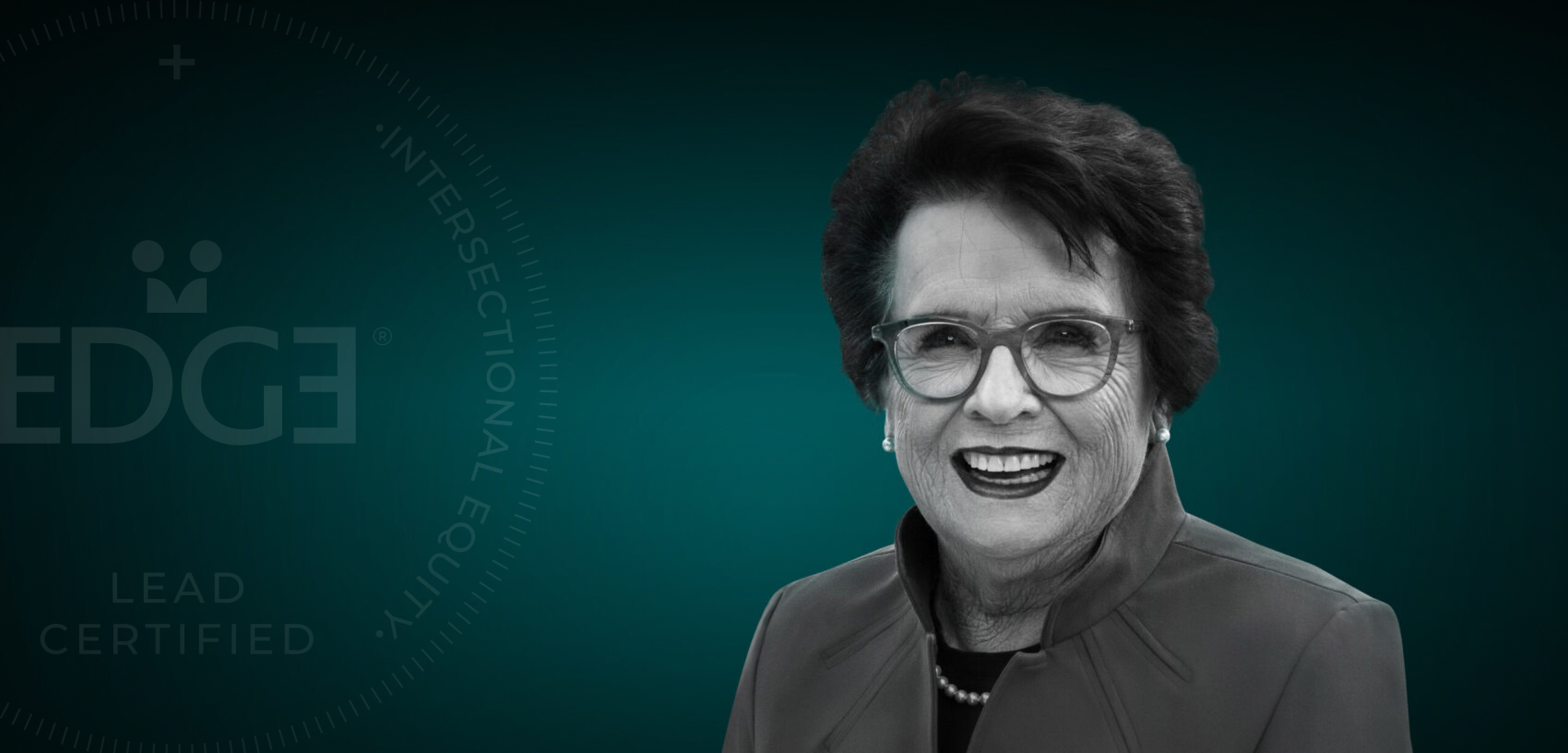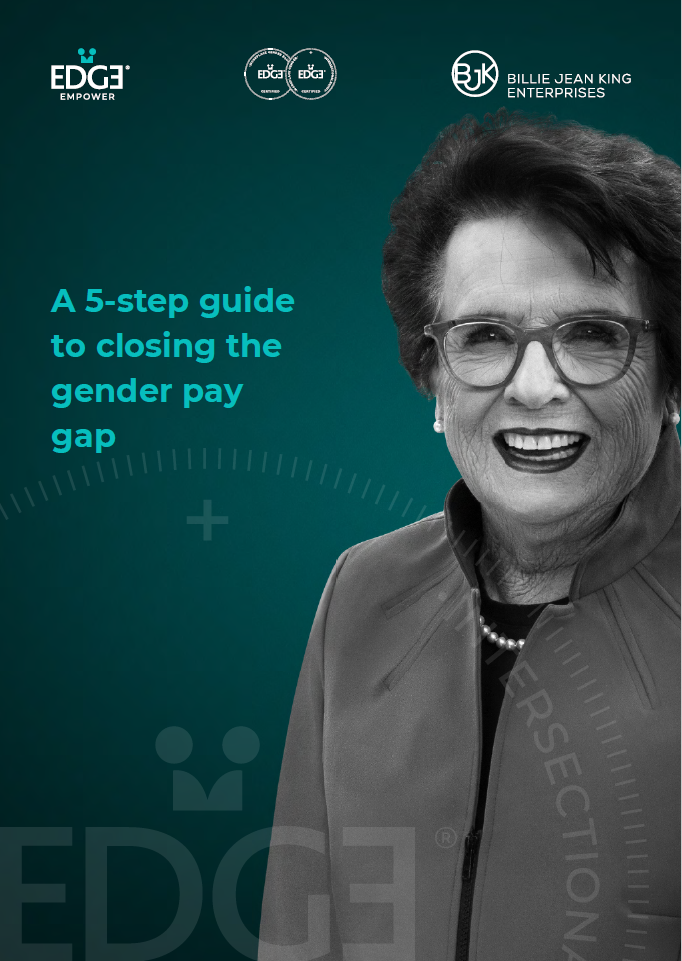By Aniela Unguresan
In a bold assertion of authority far beyond U.S. borders, President Donald Trump is trying to get the world to follow its political agenda—not through negotiations or international agreements, but through pressure from U.S. embassies on the businesses of their host countries. Embassies suppliers in the European Union are being asked to certify that their diversity, equity, and inclusion (DEI) programs do not run afoul of a Trump executive order on “Ending Radical And Wasteful Government DEI Programs And Preferencing”, an order designed to convey the message that initiatives to advance diversity, equity, and inclusion (“DEI”) are fraught with legal peril. Moreover, it implies that an employer having an interest in having a diverse workforce means that the employer will use illegal race and sex-based preferences to serve that interest.
Let’s start by acknowledging that what the U.S. government is trying to do raises significant concerns about sovereignty, international obligations, and corporate accountability. The United States has no jurisdiction over the domestic employment laws of EU member states. And yet, through these certification demands, American embassies are attempting to force European businesses and even public institutions to choose between complying with national legislation or bowing to U.S. political ideology.
Let’s continue by stating that diversity initiatives, when implemented lawfully, align with US federal anti-discrimination laws and promote equal opportunity for all employees. Ten former U.S. Equal Employment Opportunity Commission (EEOC) officials asserted in a letter published last week that DEI initiatives are not only lawful but essential for promoting equal opportunity, improving organizational performance, and preventing discrimination. Any presumption that DEI practices are employing illegal race- and/or sex-based preferences is not only unfounded—it is a willful mischaracterization of what most organizations are doing.
The embassy missive is not just a bureaucratic skirmish. It is a high-stakes collision between competing visions of fairness, sovereignty, and global leadership. It discourages lawful diversity, equity, and inclusion (DEI) efforts by employers, misrepresents legal principles, and may chill proactive measures aimed at promoting equal opportunity in our workplaces. It violates international agreements signed by both the U.S. and EU member states, such as the United Nations Convention on the Elimination of All Forms of Racial Discrimination and the Convention on the Elimination of All Forms of Discrimination Against Women (signed but not ratified). These conventions obligate signatories to promote equity rather than dismantle initiatives.
It is especially troubling when applied to companies and public institutions in the European Union, where gender equality and non-discrimination are enshrined in binding legislation mandating diversity goals in corporate governance and public procurement processes.
As co-founder of EDGE Certified Foundation, which developed the leading global certification standard for workplace gender and intersectional equity, I believe this moment calls for principled resistance—and a united front in upholding of the values of fairness and diversity in our workplaces. It’s also a moment to establish clarity and an opportunity for European stakeholders to reaffirm their legal commitments and moral leadership in advancing fairness, equity, and diversity, even amidst shifting political winds.
Here are some important principles and practical steps for EU business receiving such demands from the US administration:
Proactive Efforts Are Lawful (including in the US)
Employers can lawfully take proactive steps to identify and address barriers that limit opportunities for employees or applicants based on protected characteristics (e.g., race, sex, religion). These efforts are not discriminatory if properly constructed and help prevent discrimination (source: EEOC former commissioners’ letter).
Diversity Policies Are Permissible (including in the US)
Employers may express an interest in diversity and implement policies to address barriers to equal opportunity. Courts have upheld diversity policies aimed at reducing discrimination and fostering workplace tolerance. (source: EEOC former commissioners’ letter)
Compliance with the national legislation comes first
Even if explicit quotas are discouraged under U.S. directives, collecting demographic data to identify and address barriers to equal opportunity is lawful —and it is also a legal requirement under EU law. Directive 2022/2381, known as the “Women on Boards Directive,” mandates that by 2026, listed companies must meet minimum thresholds for gender balance and adopt clear, transparent, and merit-based selection procedures for board appointments. The EDGE Certified Foundation’s research and resource “EquiNations” offers a broad overview of DEI related legal obligations across 20 countries.
Consult Local Legal Experts Before Taking any Action in Response
The State Department said the embassy letter “only asks contractors and grantees around the world to certify their compliance with applicable U.S. federal anti-discrimination laws.”
“There is no ‘verification’ required beyond asking contractors and grantees to self-certify their compliance,” its statement said. “In other words, we are just asking them to complete one additional piece of paperwork.” (source: U.S. Seeks to Calm Tempest in Europe Over Trump’s Anti-Diversity Policies – The New York Times)
This is a remarkable downplay and misrepresentation of the implications of signing such a self-certified compliance which can expose businesses to significant legal liability under local laws or international agreements. France and Belgium are two countries that mandate near-parity gender representation in leadership roles. Non-compliance with these regulations could result in fines or exclusion from public contracts—risks that outweigh potential repercussions from U.S. embassies.
Collaborate Through Governmental and Industry Associations
Collective action is a powerful tool for mitigating risks and amplifying voices. Governments and industry associations are encouraged to provide credible, quality, and legally accurate guidance to help companies draft unified responses that align with local norms while addressing U.S. concerns. Industry associations are important stakeholders in supporting national governments and EU Institutions to take a common stance on behalf of their businesses and economies.
Take a holistic approach
Lastly, it must also be recognized that there is room for growth in how many organizations approach and manage DEI in the workplace—particularly in effectively anchoring their work within core strategy and operations. Improving data practices, strengthening inclusive policies, and linking DEI outcomes to business performance are all strongly recommended steps. Frameworks such as EDGE Certification are designed to support organizations in doing just that—grounding DEI in evidence-based approaches and rigorous global standards.
This moment of extraordinary overreach by the US government demands not retreat but clear action in response. Never let a crisis go to waste. Instead, I urge European governments and companies to use this opportunity to reimagine DEI as a values-driven endeavor to strengthen institutions, protect fundamental rights, and build a more just global economy for all.

















